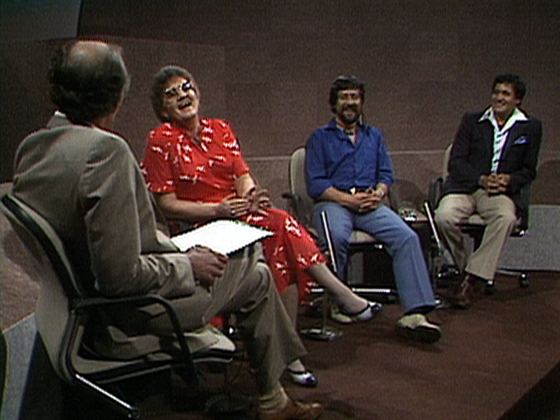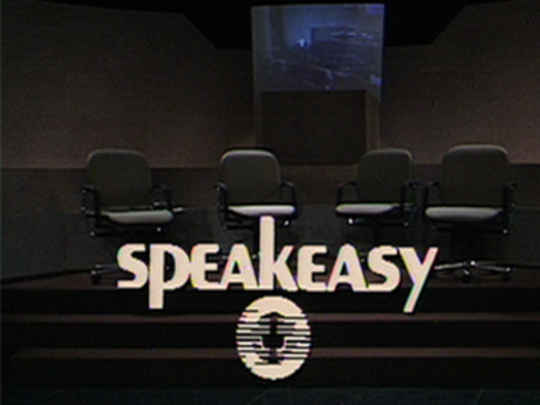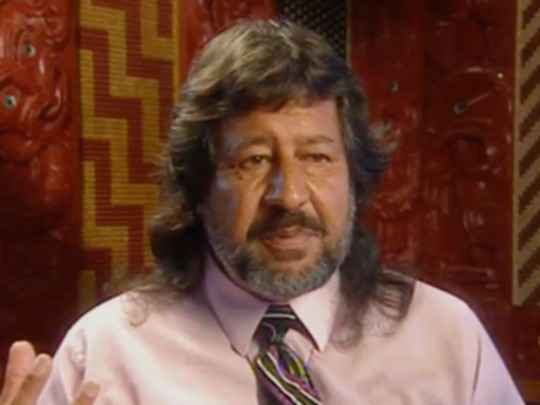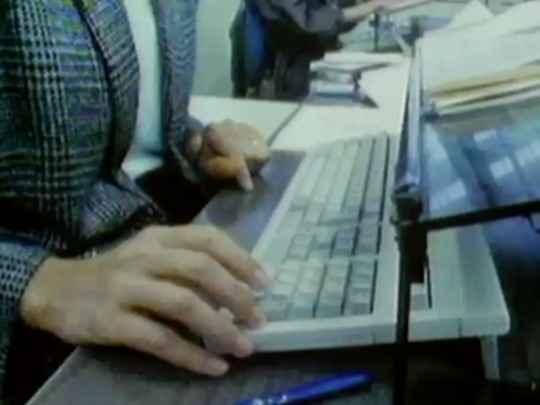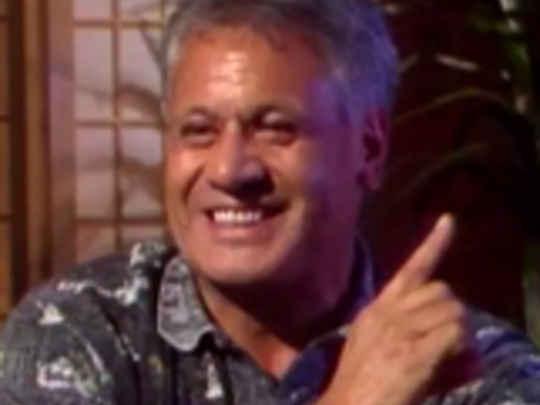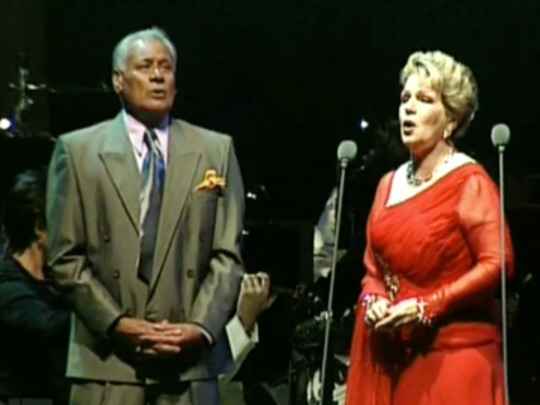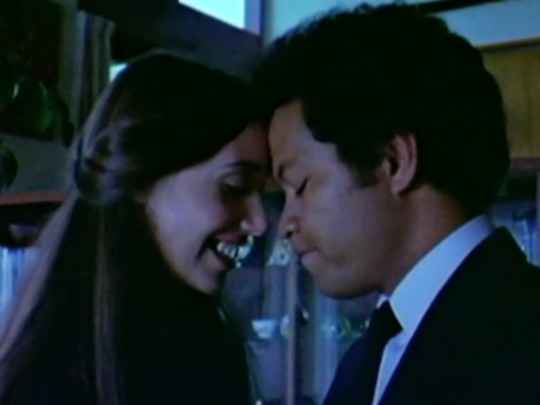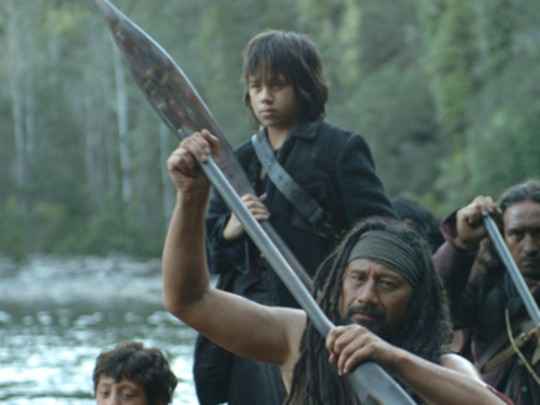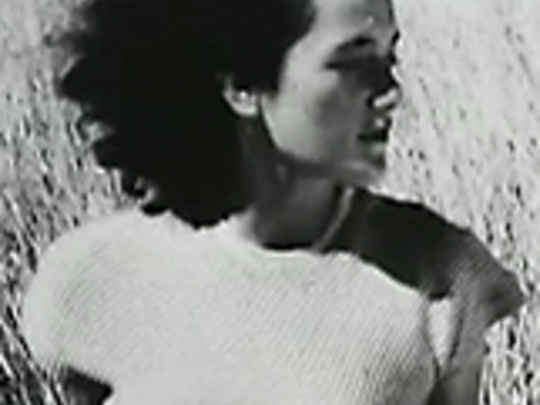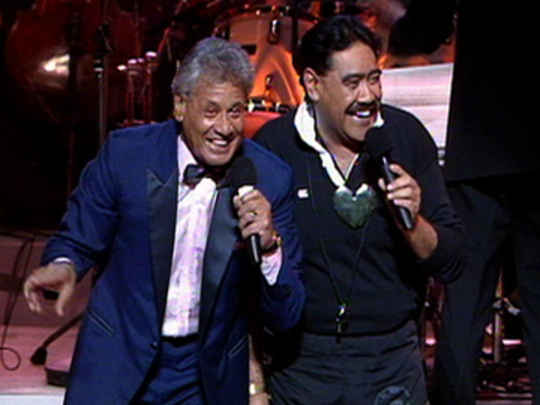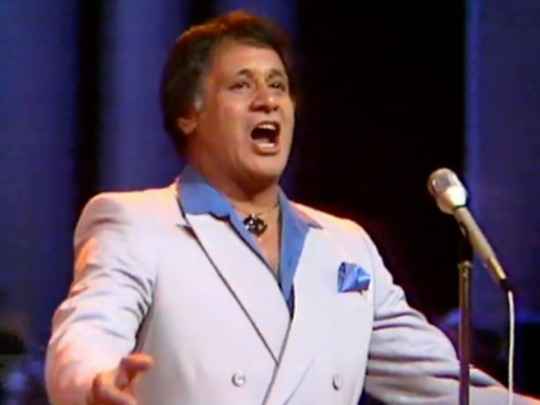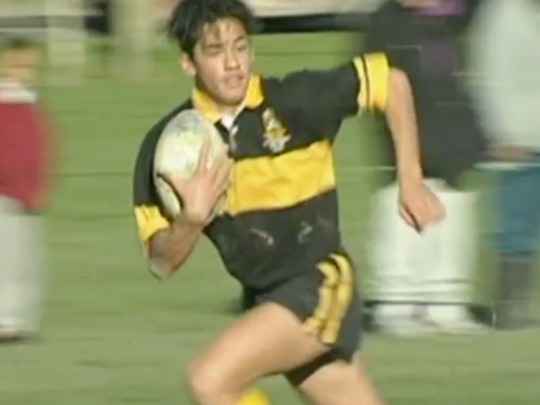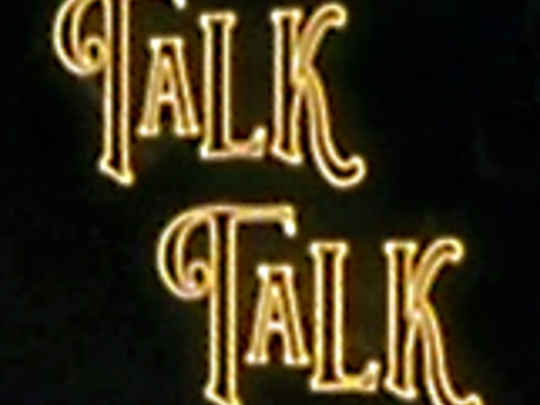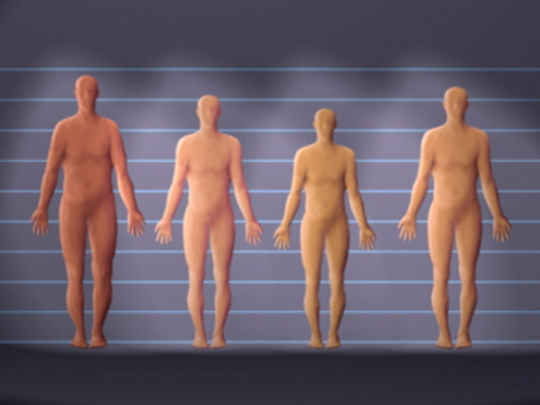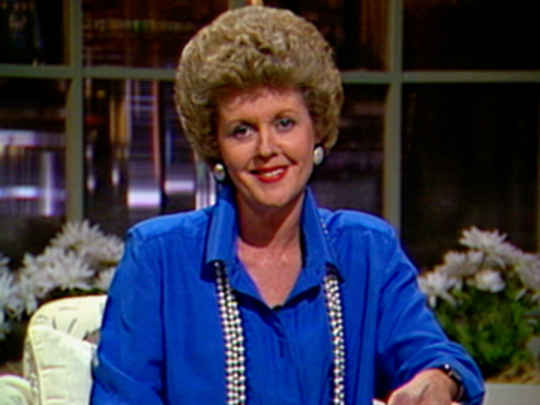We made the programme in the early 80s, when New Zealand was just beginning to realise that although it prided itself on being a country where everyone had a chance to get ahead, there was only one way of doing that — the Pākehā way.
– Ian Johnstone on Speakeasy, in his 1998 book Stand and Deliver
People writing stories about going and seeing big buildings [for the first time] — it really happened to me.
– Pita Sharples on arriving in Auckland to go to university
After Te Aute College I went to Whakatū Freezing Works, which I call the higher school of learning!
– Sir Howard Morrison on his education
I got called things, like I was a nigger lover and I got told things like when I was finished going out with Eric, that no Pākehā would probably want me.
– Rosa Tamepo, on how some of the Hanmer Springs community treated her relationship with a Māori
She could laugh about it now, but neither her family nor her husband’s had laughed then. She too had been frightened, but now she was delighted to feel she belonged among Pākehā and among Māori.
– Ian Johnstone on Rosa Tamepo, in his 1988 book Stand and Deliver
Probably we should remind ourselves of some of the anxieties that we know exist out there, some of the prejudices that we know are out there in society, but whilst you can sit in the comfortable environment of your own cocoon, and it doesn't touch you, well then you feel safe.
– Sir Howard Morrison on how the Springbok Tour revealed racial tensions in Aotearoa
I was very very frightened, very scared...it took me three days before I would go to Queen Street, which turns out was only one block away, one big block. I tried several times, and thought I'm getting lost, and came back. I was very lonely.
– Pita Sharples on adjusting to life in Auckland as a student
I wanted Howard and Pita to talk about being Māori, and having to break into the Pākehā world. For Rosa it had been the other way around.
– Ian Johnstone, on this episode, in his 1998 book Stand and Deliver
At least I got a decent feed at university. I didn’t dare look up at anyone in the cafeteria, I just kept my head down and held my tray up, then I heard someone say ‘kia ora’ and looked up and smiled. The woman serving the food was Māori, and she slammed a double helping of spuds on my plate.
– Pita Sharples, quoted in Ian Johnstone's 1998 book Stand and Deliver
We have not got it right yet, but New Zealand has realised that if the only way to success is through systems set up and controlled by one population group, other groups chances are diminished. Now difference is acknowledged, even celebrated, and the shift towards real bicultural equality is on. Maybe that edition of Speakeasy gave it a bit of a nudge.
– Ian Johnstone on this episode, in his 1998 book Stand and Deliver
